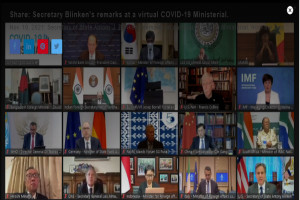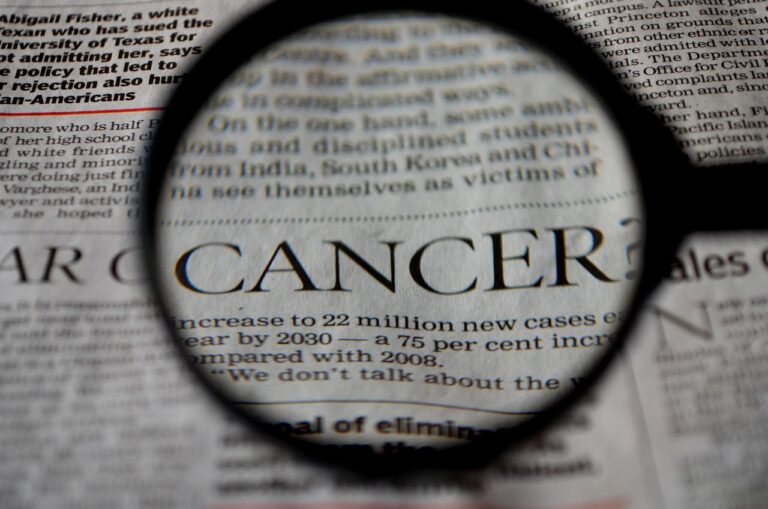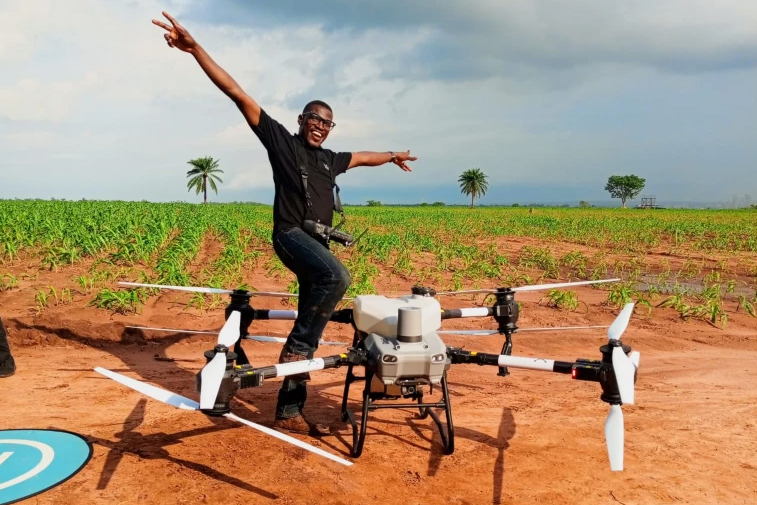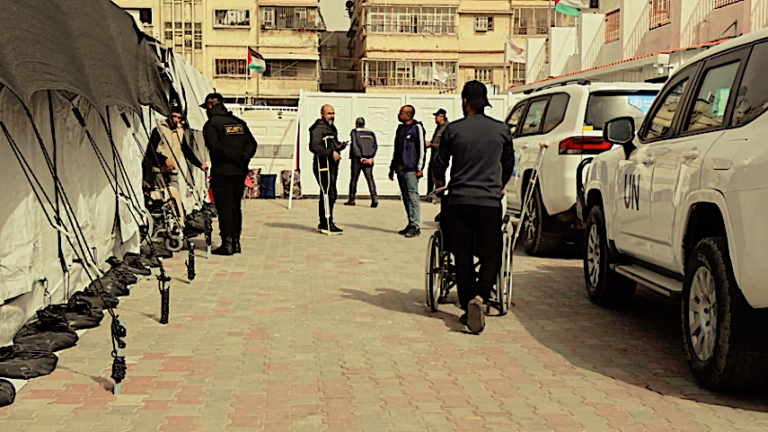
Geneva/Washington D.C.: The World Health Organization today asked the nations to immediately establish a high-level working group to identify and deliver an additional 550 million doses required to reach the WHO target of vaccinating 40 per cent of the population by the end of this year.
WHO Director-General Dr. Tedros Adhanom Ghebreyesus also asked them to give COVAX, AVAT and low-income countries the visibility they need so they can plan accordingly.
“We ask high-coverage countries to give your place in the vaccine delivery queue to COVAX and AVAT, as the US has just done with a delivery of Moderna vaccines,” Dr. Ghebreyesus said at a virtual COVID-19 Foreign Ministerial hosted by the United States of America.
It may be mentioned that WHO’s targets are to vaccinate 40% of the population of all countries by the end of this year, and 70% by mid-2022. However, Dr. Ghebreyesus said nearly 80 countries, half of them in Africa, will not reach its 40% vaccination target, without international help.
The WHO D-G also asked those countries that have promised to donate vaccines to make good on those promises, as soon as possible. “We ask you to support local production of vaccines,” he said.
He also asked the nations to fully fund the ACT Accelerator, which needs 23.4 billion U.S. dollars over the next 12 months to get vaccines, tests, treatments and PPE to where they are needed most.
“Ultimately, the pandemic is a crisis of solidarity that has exposed and exacerbated fundamental weaknesses in the global health architecture. The only way we can address those weaknesses is with a binding treaty or agreement between nations,” he said. According to him, such an agreement would provide the overarching framework to foster greater international cooperation, and provide a platform for action in the following key areas:
First, better governance. WHO supports the idea of a heads of state council, anchored in WHO, to provide high-level political leadership for rapid and coordinated action. The council could be supported by a ministerial standing committee, which WHO Member States are now working to establish under the WHO Executive Board.
Second, better financing. We support the idea of a financial intermediary fund established at the World Bank for additional financing to address gaps identified by WHO, and financed by countries and regional organizations on a burden-sharing basis.
And third, the world needs a strengthened, empowered and sustainably financed WHO, at the centre of the global health architecture.
– global bihari bureau





